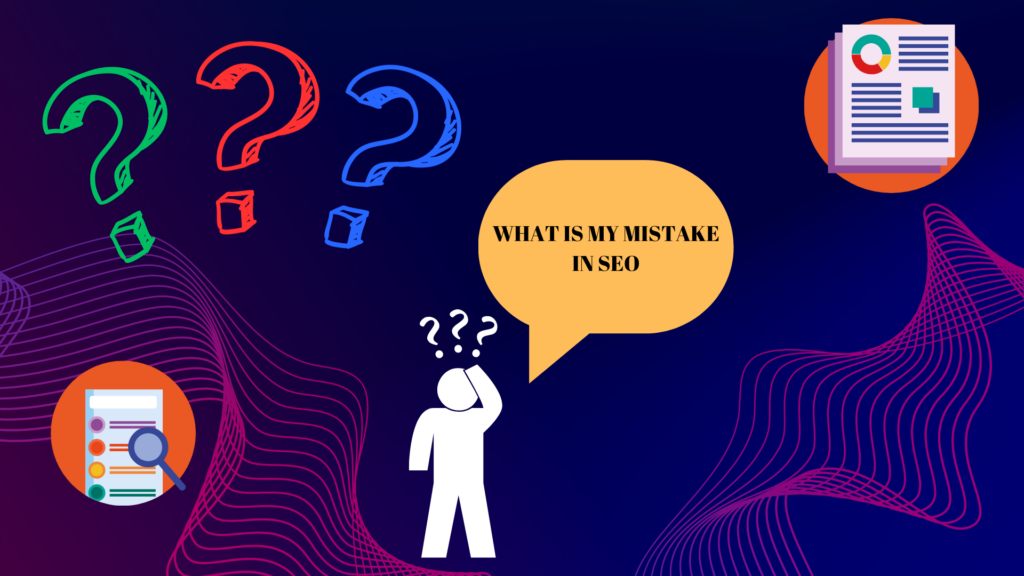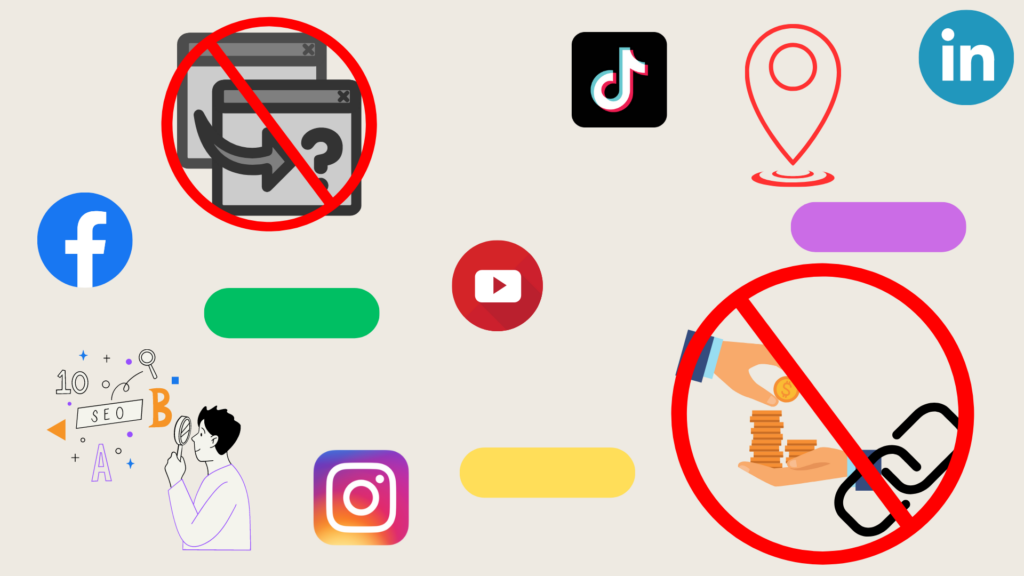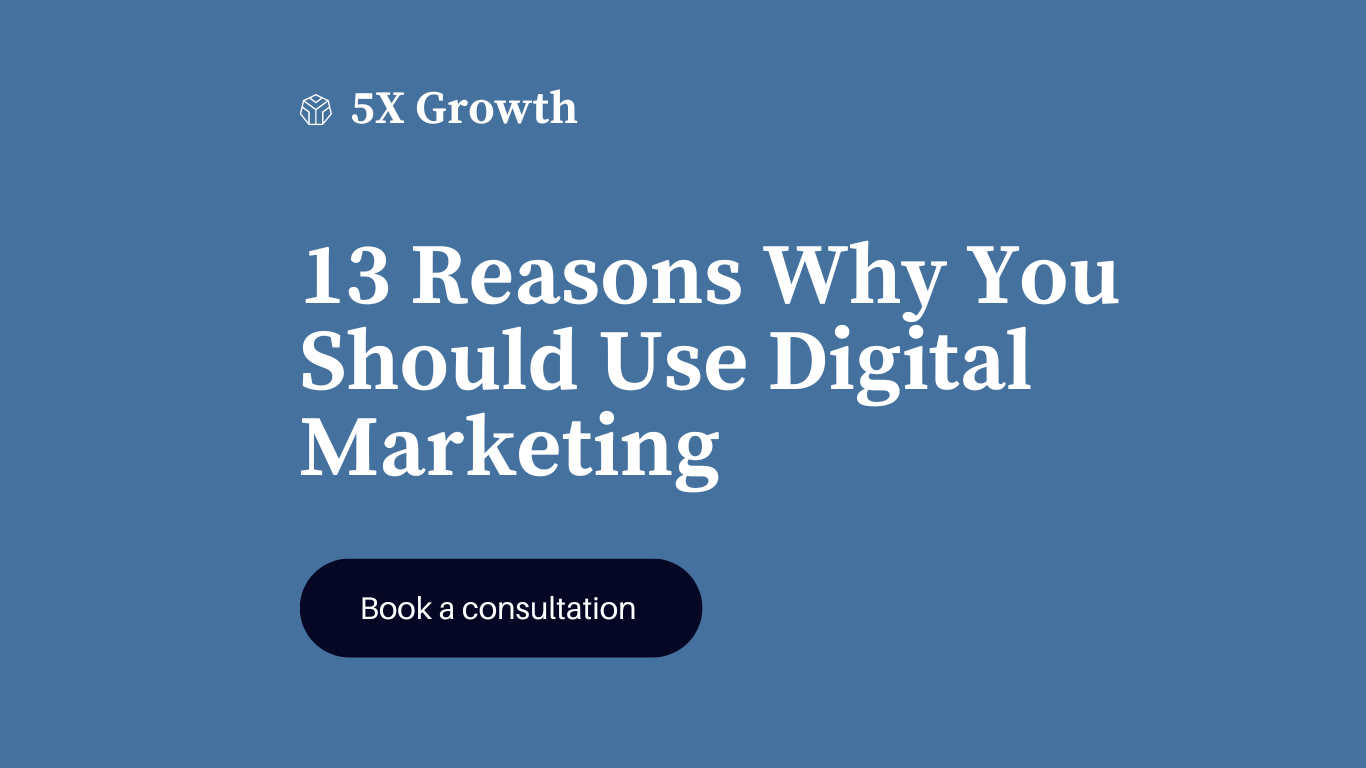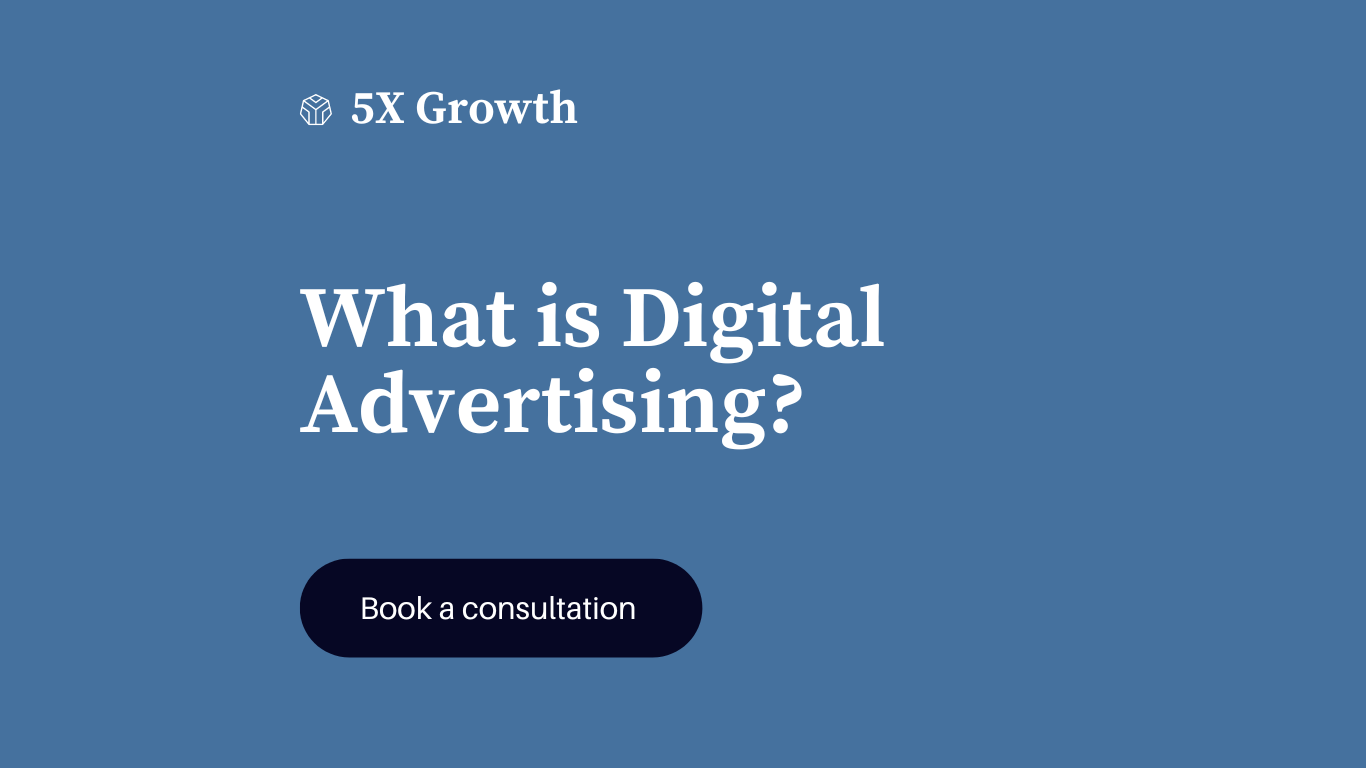In today's advanced age, businesses ought to adjust to unused advances to stay competitive within…
14 Common SEO Mistakes

In today’s digital age, having a website that ranks high in search engine results pages (SERPs) is crucial for businesses. Search engine optimization (SEO) is the process of optimizing a website to improve its visibility in search engine results. However, there are many common SEO mistakes that website owners and marketers make that can harm their website’s rankings. In this article, we will discuss 15 common SEO mistakes and provide tips on how to avoid them to improve your website’s SEO. Before we start, let’s learn what SEO is:
What is SEO
SEO means improving website traffic by increasing visibility and ranking on search engine results pages. It aims to increase organic traffic from search engines through various techniques such as keyword research, content optimization, link building, and technical optimization. SEO is an essential digital marketing strategy for businesses looking to improve their online visibility, attract more targeted traffic, and ultimately drive conversions and revenue. You can learn more and detail the version by just clicking here.
1) Why Focusing on the Wrong Keywords is a SEO Mistake
One of the most common SEO mistakes is focusing on the wrong keywords. Many website owners and marketers focus on high-volume, highly competitive keywords without considering the competition or relevance of the keywords to their websites. To avoid this mistake, you should research keywords that are relevant to your website and have a lower competition level. You can use tools like Google Keyword Planner or SEMrush to find relevant keywords with lower competition.
Focusing on the wrong keywords can be a costly mistake for businesses that are trying to optimize their online presence. If you choose keywords that are too broad, too niche, or not relevant to your business, you risk attracting the wrong audience and missing out on potential customers. It’s important to conduct thorough keyword research and identify the most relevant and effective keywords for your business. By doing so, you can ensure that your website and content are optimized for the right keywords, which can lead to higher search engine rankings and more targeted traffic.
2) Neglecting On-Page Optimization
Neglecting on-page optimization can be a significant mistake when it comes to SEO. On-page optimization involves optimizing individual web pages in order to rank higher and earn more relevant traffic in search engines. This includes elements such as title tags, meta descriptions, headers, images, and content. Neglecting on-page optimization can lower your search engine ranking and harm the user experience. Proper on-page optimization improves rankings, increases traffic, and enhances the user experience, leading to higher engagement and conversions.
3) Do Not Forget to Fix This SEO Mistake: Not Having a Mobile-Friendly Website
Not having a mobile-friendly website can be a critical mistake for businesses that want to maintain a strong online presence. With more than half of all internet traffic coming from mobile devices, having a website that is not optimized for mobile use can result in a poor user experience and reduced engagement. This can lead to a decrease in traffic, lower search engine rankings, and ultimately, fewer conversions and sales. A mobile-friendly website adapts to small screens and touch-based navigation, making it easy for mobile users to access and interact with your site. By having a mobile-friendly website, you can improve user engagement, boost search engine rankings, and drive more conversions and revenue.
4) Ignoring Technical SEO
Ignoring technical SEO can be a costly mistake when it comes to optimizing your website for search engines. Technical SEO optimizes a website’s technical elements, including speed, crawlability, indexing, and security. Neglecting technical SEO leads to a poorly optimized website that’s hard for search engines to crawl, resulting in lower ranking and traffic. Technical SEO also impacts the user experience, causing slow loading, broken links, and other issues that deter users. Optimizing technical SEO improves search engine ranking, drives traffic, and provides a better user experience.

5) Biggest SEO Mistake: Having Duplicate Content
Having duplicate content on your website can be a significant issue when it comes to SEO. Duplicate content refers to content that appears in more than one location on the internet, including on the same website or across different websites. This can result in search engines struggling to determine which version of the content to rank, leading to a lower search engine ranking and less traffic.
Additionally, having duplicate content can also result in a poor user experience, as users may become frustrated when they encounter the same content repeatedly. To avoid these SEO mistakes, it’s important to ensure that all content on your website is original and unique. This can be achieved through creating original content, using canonical tags to indicate the primary version of the content, and removing any duplicate content that may exist on your website. By avoiding duplicate content and ensuring that your website has unique and valuable content, you can improve your search engine ranking, drive more traffic, and provide a better user experience for your audience.
6) Not Optimizing for Local SEO
Not optimizing for local SEO can be a missed opportunity for businesses that serve a specific geographic area. Local SEO refers to the process of optimizing your website and online presence to increase visibility and attract traffic from local searches. This includes elements such as Google My Business listings, local keywords, and localized content. Neglecting local SEO mistakes can result in reduced visibility in local searches, leading to fewer potential customers finding your business. By optimizing for local SEO, you can increase your visibility in local search results, attract more targeted traffic, and ultimately, drive more conversions and sales. This is especially important for businesses that rely on local customers, such as restaurants, retailers, and service providers. By optimizing your website for local SEO, you can improve your online presence and gain a competitive advantage over businesses that are not targeting local searches.
7) Using Black Hat SEO Techniques
Black hat SEO techniques risk severe penalties from search engines, including de-indexing or banning. They are unethical practices that manipulate rankings by violating search engine guidelines. Techniques include keyword stuffing, cloaking, hidden text, link farms, and other deception methods. Short-term gains in search engine rankings are outweighed by the long-term risks.
Additionally, using black hat techniques can damage a business’s reputation and lead to a poor user experience for website visitors. It’s important to avoid black hat SEO techniques and instead focus on ethical and sustainable SEO practices that prioritize creating high-quality content, optimizing for user experience, and following search engine guidelines. By doing so, businesses can improve their search engine rankings in a way that is sustainable and beneficial for both users and search engines.
8) The Important SEO Mistake: Ignoring Social Media
Ignoring social media can be a missed opportunity for businesses looking to improve their online presence and reach a wider audience and it is a huge SEO mistake. Social media platforms, such as Facebook, Instagram, Twitter, and LinkedIn, offer businesses the opportunity to connect with their audience, promote their brand, and drive traffic to their website. By neglecting social media, businesses risk missing out on potential customers and limiting their reach.
Social media impacts SEO through likes, shares, and comments. Engage with your audience to improve brand awareness, credibility, and drive more traffic to your website. Align social media strategy with business goals and target audience. Consistently create and share high-quality content for audience resonance. By doing so, businesses can leverage the power of social media to improve their online presence and grow their business.

9) Not Utilizing Internal Linking as a Common SEO Mistake
Internal linking is crucial for businesses to improve search engine ranking and user experience. Link to other pages within your website to help users navigate and search engines understand your content structure. Neglecting internal linking makes navigation difficult for users and impairs search engine understanding of page relevance.
Internal linking also helps to distribute link equity and authority throughout your website, which can boost the search engine ranking of individual pages. To maximize the benefits of internal linking, businesses should strategically link to relevant pages within their website, use descriptive anchor text, and ensure that each page has a clear and logical structure. By doing so, businesses can improve their website’s search engine ranking, enhance user experience, and increase engagement and conversion rates.
10) Not Having a Secure Website
A secure website is crucial for businesses collecting sensitive information like personal or payment details. Use HTTPS encryption for secure data transmission and protection from hackers.
Secure website is crucial to protect against data breaches, customer information compromise, and reputation damage. HTTPS encryption is necessary to secure websites and improve search engine ranking. Benefit from data protection, improved ranking, and enhanced reputation and credibility.
11) Not Tracking and Analyzing Metrics
Not tracking and analyzing metrics can be a significant SEO mistake for businesses looking to improve their online performance and make data-driven decisions. Metrics refer to the quantitative measurements of different aspects of your website’s performance, such as traffic, engagement, and conversion rates. By neglecting to track and analyze these metrics, businesses risk missing out on valuable insights into their audience, website performance, and marketing efforts. Tracking metrics can provide businesses with a better understanding of what is and isn’t working on their website, enabling them to make informed decisions and optimize their online presence for maximum effectiveness. This can include optimizing content, improving user experience, adjusting marketing strategies, and more. By regularly tracking and analyzing metrics, businesses can continuously improve their online performance and achieve their business goals.
12) Not Using Proper Header Tags
Improper use of header tags harms website search engine ranking and user experience. Use H1, H2, and H3 tags for proper formatting of headings and subheadings. Proper use helps search engines understand content structure and improve ranking for relevant keywords.
Using header tags correctly improves webpage readability and user experience. Improper use leads to lower search engine ranking and poor user experience. Use H1 tag for relevant keywords and organize content with H2 and H3 tags. Improve ranking, user experience, and drive more traffic and conversions.
13) Not Optimizing for Voice Search
Don’t miss out on voice search optimization in digital marketing. Smart home devices and virtual assistants like Alexa and Siri make it increasingly popular. Neglecting it risks missing users and losing potential customers.
Optimize for voice search with natural language keywords and concise answers to common questions. Voice search seeks quick and direct answers. Benefit from improved online visibility, targeted traffic, and more conversions and revenue..
14) Must Fix the SEO Mistake of Not Having a Fast Website
Not having a fast website can be a significant issue for businesses looking to provide a positive user experience and improve their search engine ranking. Website speed refers to the time it takes for a webpage to load and become interactive, and it is a critical factor in determining the user experience on your website. Slow loading times can lead to frustration and impatience from users, resulting in a higher bounce rate and lower engagement.
Additionally, website speed is also a ranking factor for search engines, with faster websites often ranking higher in search results. Improve website speed for better user experience, higher search engine ranking, and increased traffic and conversions. Optimize by compressing images, minimizing HTTP requests, and leveraging browser caching.
Conclusion
In conclusion, there are many common SEO mistakes that businesses must avoid in order to succeed in their online marketing efforts. From neglecting on-page optimization and technical SEO to ignoring social media and voice search, each of these mistakes can lead to missed opportunities and negative consequences for businesses. It’s crucial for businesses to take a comprehensive approach to SEO and continuously monitor and adjust their strategies to stay ahead of the curve. By prioritizing high-quality content, user experience, and search engine guidelines, businesses can improve their online presence, attract more targeted traffic, and ultimately, drive more conversions and revenue.
FAQs
What is the most common SEO mistake?
The most common SEO mistake is focusing on the wrong keywords without considering competition or relevance.
Why is having a mobile-friendly website important for SEO?
A mobile-friendly website improves user experience and SEO by aiding website indexing and crawling.
What are some black hat SEO techniques to avoid?
Black hat SEO techniques to avoid include keyword stuffing, cloaking, and buying backlinks.
How can social media help improve your website’s SEO?
Social media can help improve your website’s SEO by increasing brand awareness, generating backlinks, and driving traffic to your website.
Why is tracking and analyzing metrics important for SEO?
Tracking and analyzing metrics is crucial for SEO to measure the effectiveness of your strategy and improve your website’s ranking.


